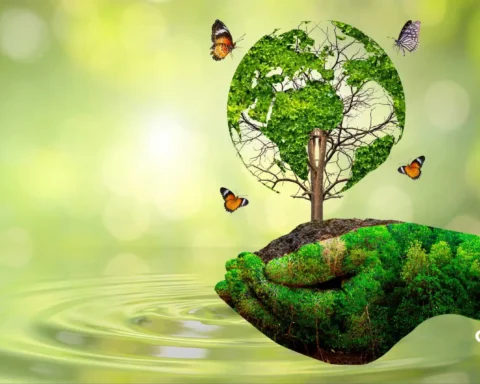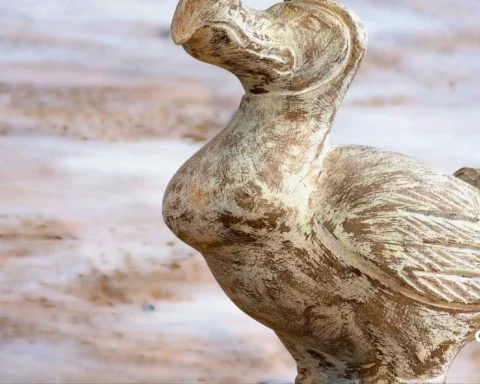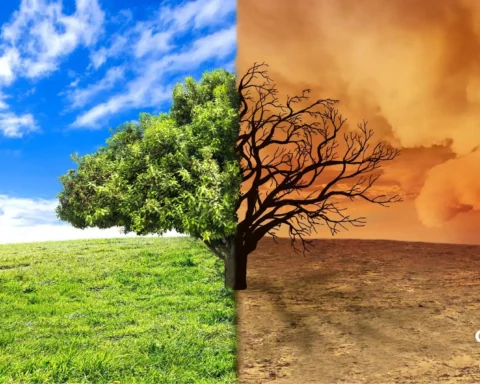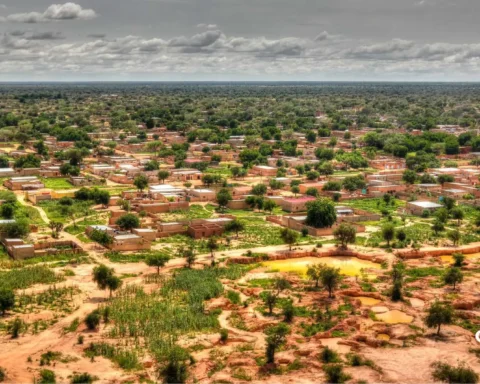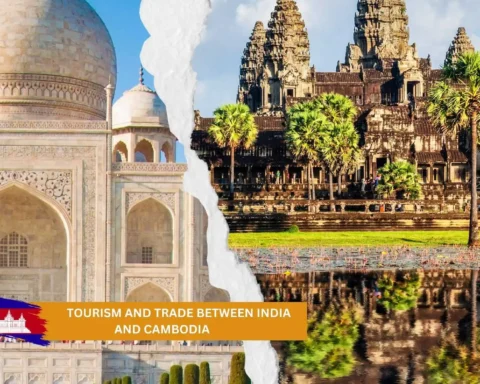At the heart of this global transformation, India and Bulgaria are forging an exciting alliance in electric mobility and sustainable transport.
Forest protection is no longer a distant, abstract goal; it is a tangible force reshaping rural lives, fueling education, healthcare, and opportunity.
Suriname, with its resource wealth, strategic location, and complex political landscape, is crucial for South America's future.
Indian entrepreneurs, especially those with diaspora connections, are uniquely positioned to establish educational institutions, edtech platforms, and vocational training centres in the
Beyond art, Jetshan’s Dodo Park initiative integrates holograms and virtual reconstructions, bridging history, conservation, and artistic expression.
The Sahel region, where the Sahara meets sub-Saharan Africa, faces a silent battle with Islamist insurgencies.
Promoting research and innovation is crucial for strengthening climate change adaptation in agriculture.
The Sahel's population is expected to reach 500 million by 2050, double its current size. With 65% under 25 years old, it
India and Cambodia have long been connected through art, religion, and trade, with their destinies intertwined by Buddhism and ancient empires.
Cambodia's tourism sector is set for significant transformation with the introduction of digital solutions like smart destinations, e-visa enhancements, and integrated travel





